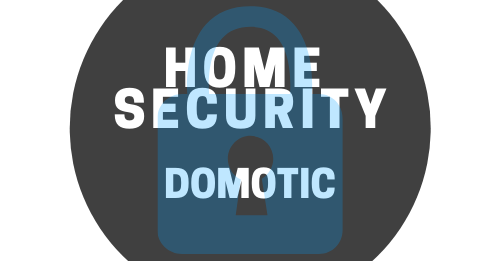What is Webcam Scam All About

Summary
– Principle of the webcam scam
– Webcam scam: precautions and recourse
New types of scams are emerging in this era of the Internet, This is the case of the webcam scam, which can affect anyone and can be traumatic for the victim. This post will explain how it works.
Principle of the webcam scam
The webcam scam is a new manifestation of scamming on the web. It is the process by which a person gets to know another person on a website (social network, dating site, etc.) in order to extort funds by blackmail.
After a period of interaction, the interlocutor quickly introduces himself or herself as someone close to the person and suggests a webcam meeting. It is then that the swindler gathers images belonging to the intimate life of the victim through the webcam. He also asks many questions about the interlocutor’s entourage, family and work.
Thereafter, the impostor reveals himself and uses the information which he collected to blackmail his victim, claiming him/her the payment of important sums of money, by Western Union most often.
The swindler threatens to put the images and information online on an open network or to send them to third parties known to the victim, with all the social consequences that this may entail (deceived husband or wife, employer, etc.).
Webcam scam: precautions and recourse

First of all, it is strongly discouraged to engage in a webcam discussion with someone you have never actually met. The question is, why do people often do that?
If unfortunately, it’s too late and the scammer asks for money, you should not give in to his blackmail. Indeed, if you start to pay, the gears are set in motion and the swindler will always claim more and more funds.
Resetting privacy options on Facebook
In such a situation, you might as well stop replying to messages, cut all links with the scammer and adjust the privacy settings of the accounts on the social networks used to prevent the scammer from retrieving images and contacts. Of course, the first thing to do is to delete your contact.
If, despite this, the scammer sends the link of the video posted on a public site, it is advisable to contact the host of the site in order to claim the removal of the video. In case of a large-scale attack, there are specialized companies that can be charged to clean up the net.
Finally, in all cases, it is necessary to report the scam on the official website of the national police assigned to this type of scam.
You can also check these links:
Internet, email and telephone scams
Legal recourse
In terms of legal recourse, things are complicated in that very often it is impossible to trace the source of these scams, which are generally based in foreign countries.
However, one should not hesitate to point out to the author that these facts are reprehensible.
You can read further in this section:
Webcam interview: don’t make yourself at home!
– Adjust privacy settings on Facebook
– Identity theft
– Violation of home
– Invasion of privacy
Don’t forget to leave your comments below, and don’t hesitate to request a post on a subject you are particularly interested in. We will get back to you as soon as possible. If you know somebody in a similar situation, please share this post.
Hope this post will help to save many people from the trap of scammers. Remember never to give your details to strangers, and stay safe!
